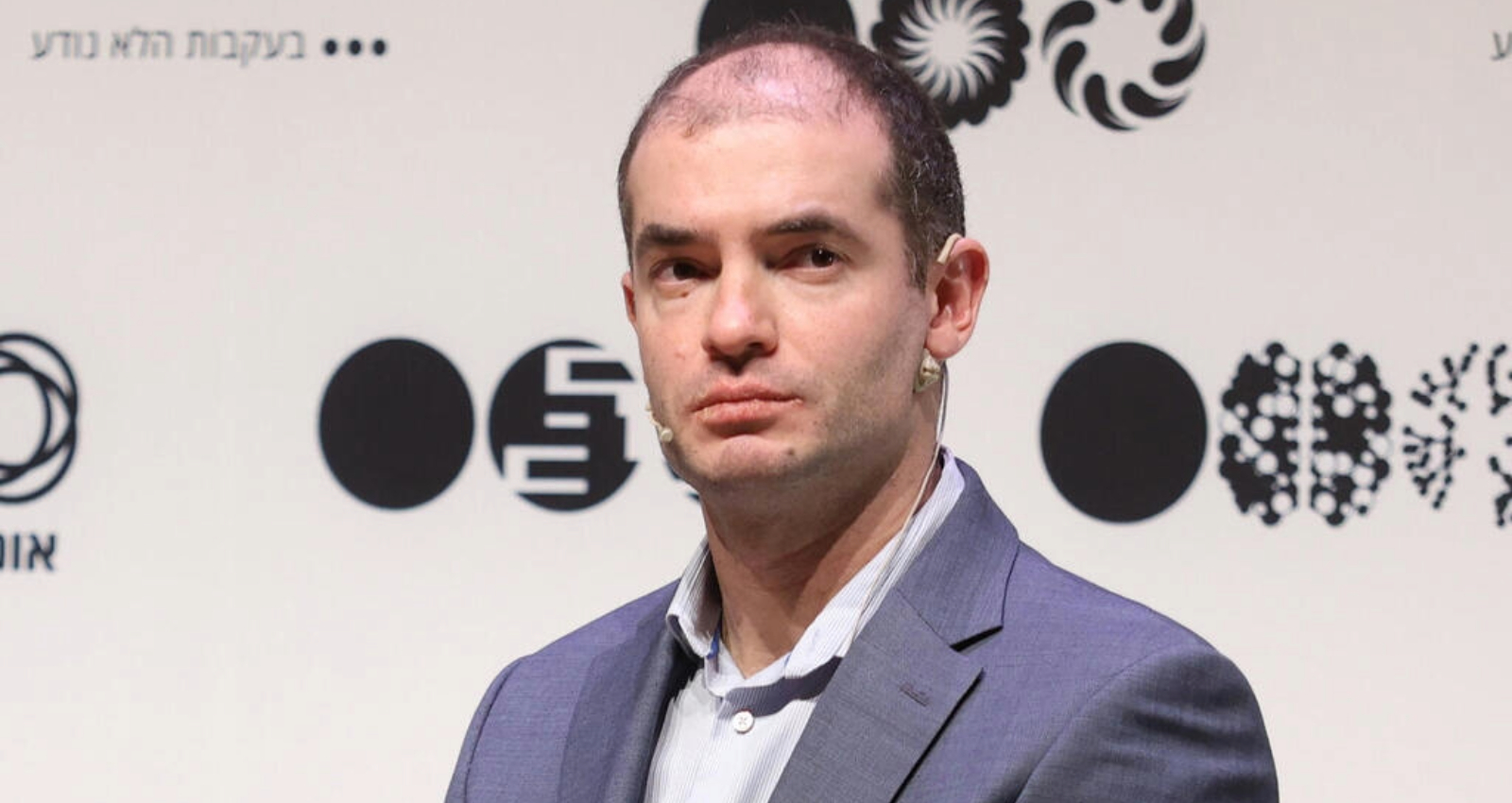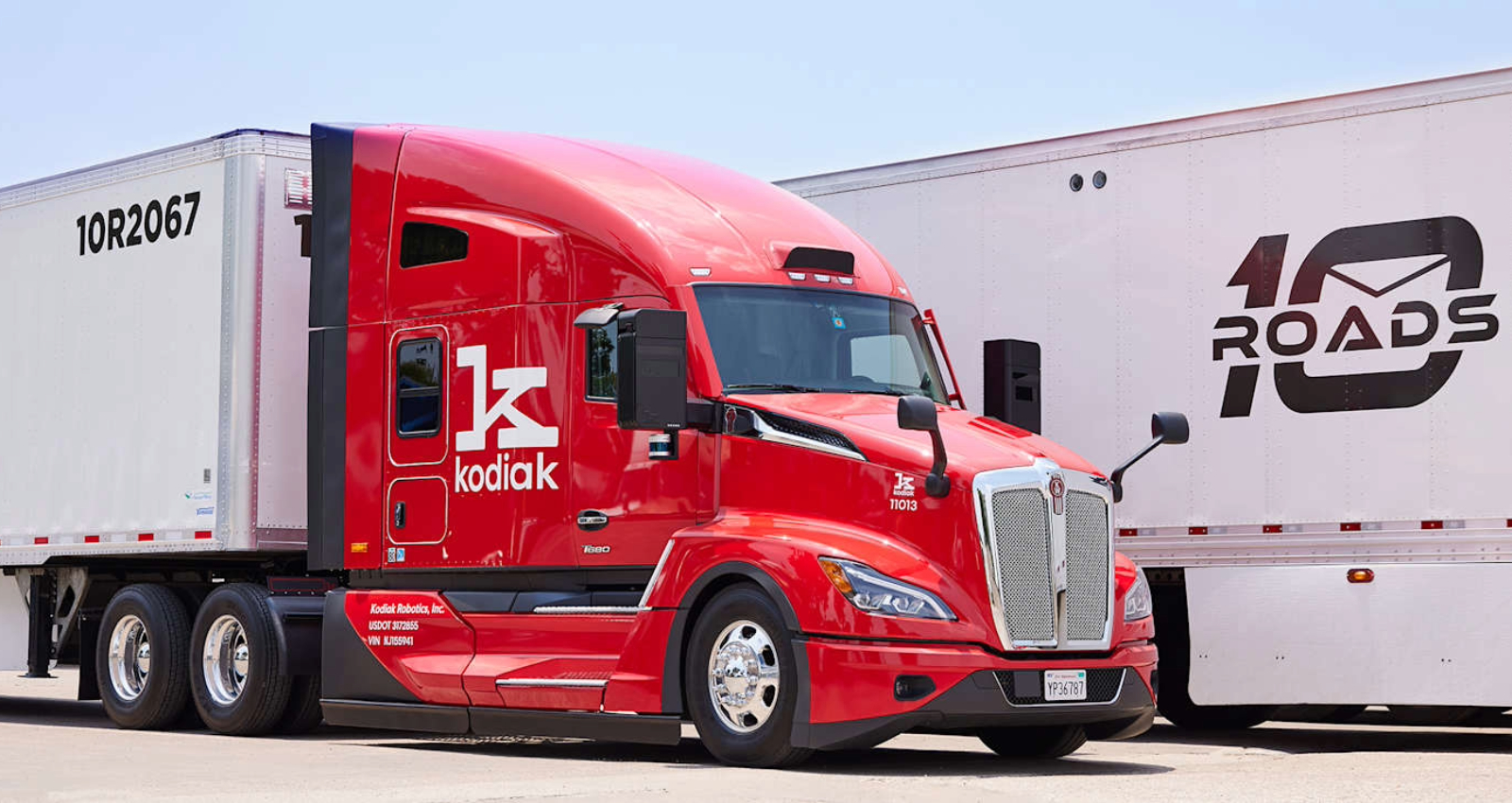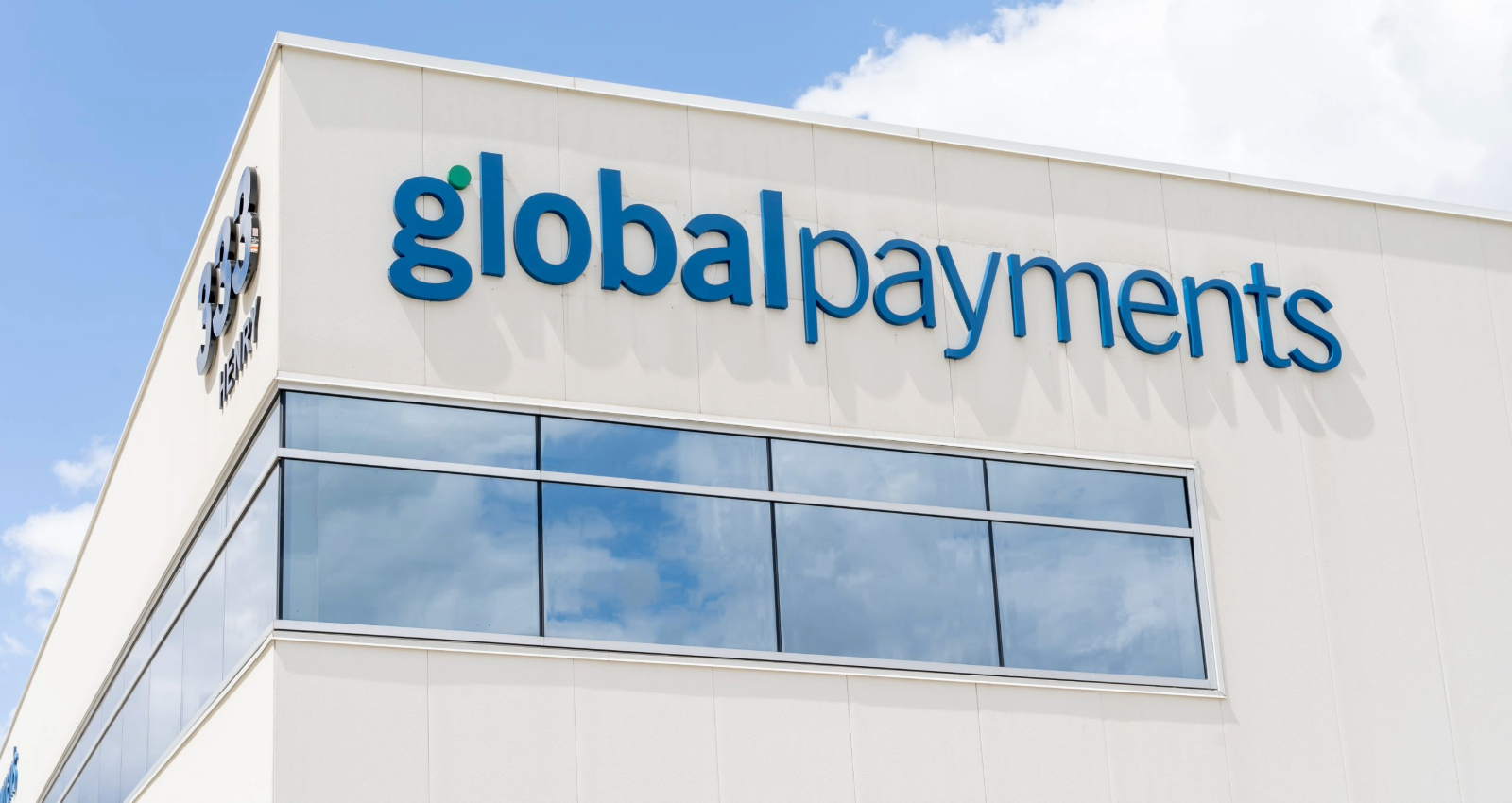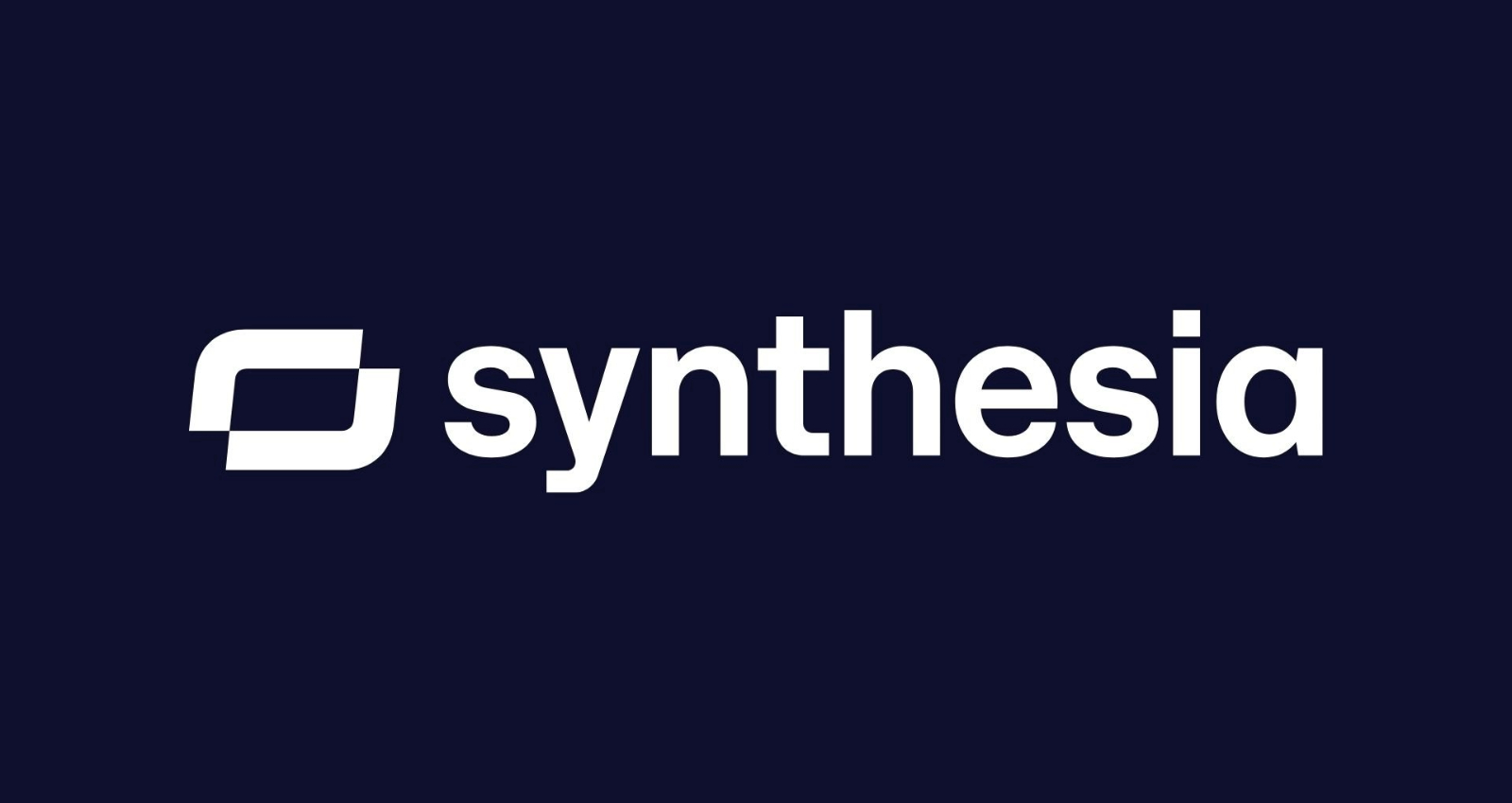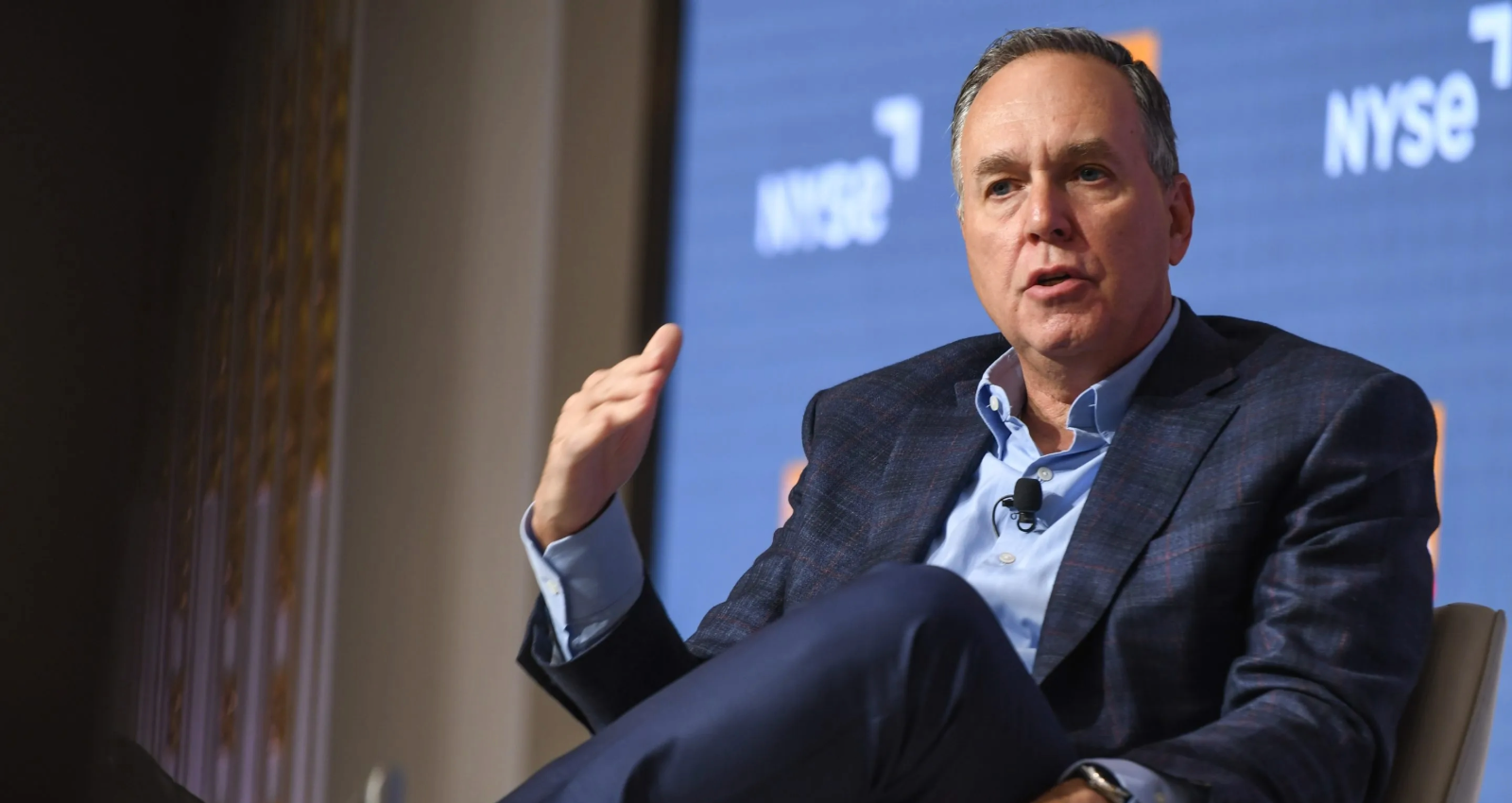- May 13, 2025
The Manna Startup Plans to Take Over the Skies with a Million Drone Deliveries a Year
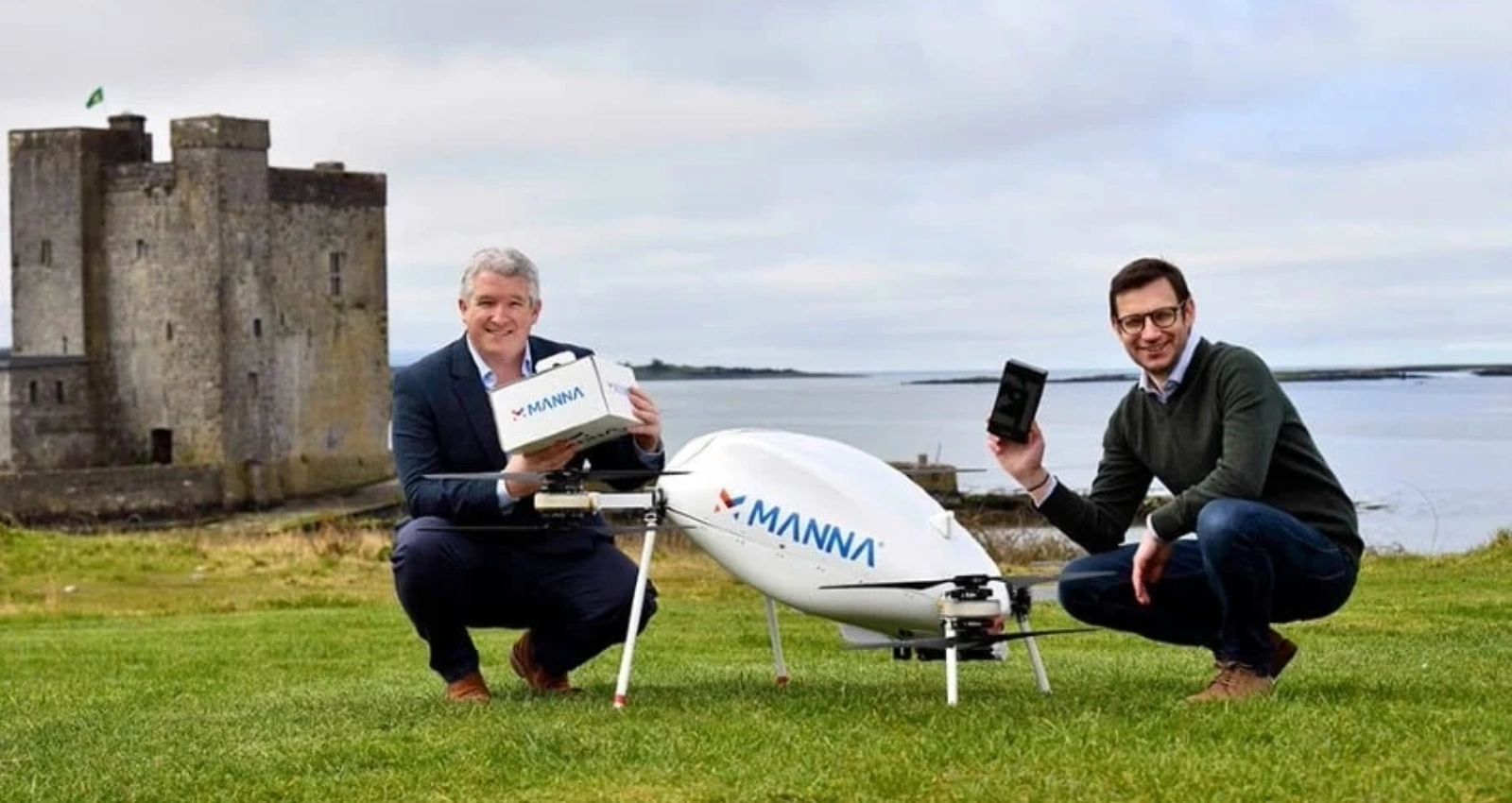
Within Dublin suburbs, coffee doesn’t walk anymore, it now flies by drones.
A staffer at a strip mall loads a cup into a battery-packed cargo pod. The drone lifts off, autopilots through the neighborhood, and lowers the drink on a tether into a waiting backyard. The process takes under three minutes. It’s fast, efficient, and quietly redefining last-mile logistics.
This is Manna startup in action.
The Irish drone delivery company recently secured $30 million in fresh funding, bringing total investment to $60 million. It now plans to expand its delivery service from three to eleven suburban bases around Dublin. If all goes according to plan, the company will hit a run rate of 1.5 million drone deliveries per year—a milestone no other operator has yet reached.
A Different Kind of Race
While deep-pocketed rivals like Amazon, Alphabet’s Wing, and Zipline have invested heavily in drone delivery, the Manna startup is leaning into operational discipline over big spending. Its delivery model is designed around simplicity, scale, and automation.
Each drone operates in a three-mile radius, making up to eight deliveries per hour, thanks to a swappable battery system that eliminates recharge downtime. A single base with one staffer can load 25 to 30 deliveries an hour across multiple drones. From headquarters, up to 20 aircraft can be monitored simultaneously.
The result: drone deliveries that cost $4 each, with the company aiming to bring that down to $1 through higher volume.
“It is not a massive investment required,” founder Bobby Healy told Forbes. “It’s a massive amount of time and confidence-building and building flight hours that’s required.”
So far, that strategy seems to be working. Manna startup has completed 200,000 deliveries and reports that 42% of households in serviced neighborhoods have used Manna at least once.
Europe Takes the Lead
Manna startup is doubling down on its European operations, where a recently implemented EU-wide regulatory framework makes drone logistics scalable. In Finland, it’s delivering roughly 100 orders a day in Espoo, with plans to expand further.
By contrast, Manna startup has paused expansion in the U.S., citing the slow pace of FAA regulation. While it has tested drone delivery in Dallas alongside competitors, the U.S. regulatory environment remains limited to one-off approvals.
“Irony of all ironies, Europe is the only place to run a drone delivery business today because it has scalable, concrete regulation,” said Healy. “Anyone who’s in the United States now is at a three-year minimum disadvantage to Manna.”
Not everyone agrees with that assessment. Robin Riedel, co-head of McKinsey’s Center for Future Mobility, believes the real bottleneck isn’t regulation, but execution. “It’s much more about how do you build an operating model that can scale and then actually rolling it out,” Riedel said.
Platform Integration Over Partnerships
Instead of building retail partnerships one by one, the company is integrating directly with food delivery platforms. It already operates with Wolt and Just Eat, and says a deal with a third major app is nearly finalized.
That shift allows them to tap into existing demand and scale operations without a massive salesforce or marketing push.
“Working with delivery apps will enable Manna to scale faster than signing up retailers one by one,” said Healy, “and promises all the demand that it can handle. It is an open goal now for us.”
For customers, the drone delivery cost is identical to standard road delivery. But for Manna startup, the economics are potentially game-changing, especially in suburban areas where traditional couriers drive longer distances for fewer stops.
A Lean Path to Leadership
While competitors chase scale with capital, the Manna startup is building a tight, focused network of suburban delivery hubs that require minimal infrastructure with just a small landing zone and staff to swap batteries and load cargo.
McKinsey estimates that a five-mile road delivery costs between $9 and $11. The Manna startup’s target of $1 per aerial delivery could eventually undercut those numbers dramatically.
It’s next challenge? Proving it can replicate that model across Europe and eventually in the U.S. skies as well.
For now, the skies over Dublin belong to the Manna startup. And if the model holds, it won’t be long before the quiet hum of delivery drones becomes just another part of the suburban soundscape.




